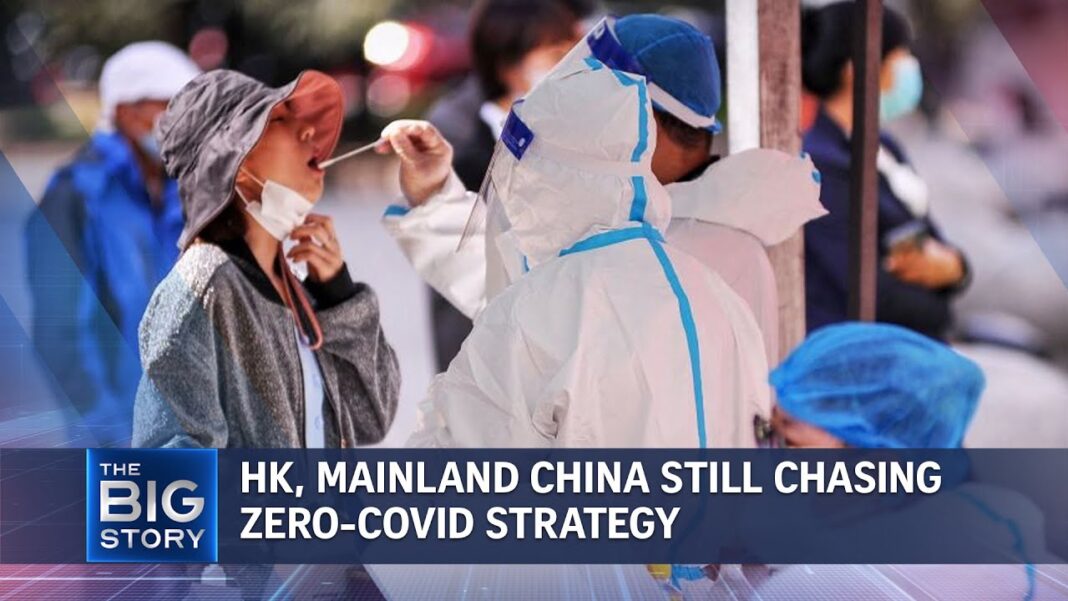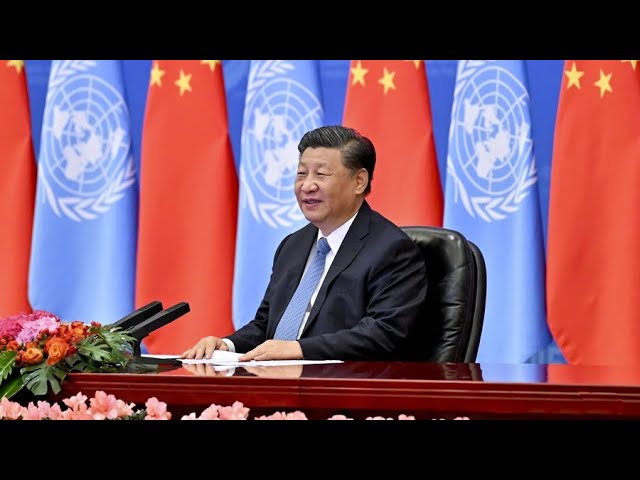Asia’s largest financial lobby group is mounting pressure on Hong Kong’s government to rethink its zero-COVID policy and ease travel restrictions for international travelers, warning that the city’s status as a financial hub is at risk.
The Asia Securities Industry and Financial Markets Association (ASIFMA) wrote an open letter (pdf) to Hong Kong’s Financial Secretary Paul Chan, saying that a survey of members, including Goldman Sachs and BlackRock, showed 48 percent were considering relocating staff or functions out of the city due to operational challenges.
Some of these challenges include uncertainty regarding when and how travel and quarantine restrictions will be lifted, Mark Austen, chief executive of ASIFMA wrote.
“With ongoing travel restrictions, a zero-COVID policy in place, and limited detail on an exit strategy from these policies, an unintended consequence is that Hong Kong’s status as an IFC [international financial center] is increasingly at risk along with its long-term economic recovery and competitiveness as a premier place to do business,” wrote Austen.
Hong Kong has some of the most stringent travel restrictions in the world, and the Chinese-ruled city currently has no public plan for opening up to international travelers. Earlier this month, Hong Kong Chief Executive Carrie Lam told Bloomberg News that even one COVID-19 death would be a “major concern” for the city.
The letter made a series of recommendations including publishing “a roadmap for exiting Hong Kong’s ‘zero-case’ based COVID-19 strategy beyond solely the immediate goal of opening borders with China,” as well as prioritizing vaccinations against COVID-19, the disease caused by the CCP (Chinese Communist Party) virus.
The Hong Kong government should phase out travel restrictions, and eventually accept that it will be necessary to live with COVID-19, Austen wrote.
“The rest of the world is moving on, and Hong Kong isn’t articulating a plan that gives individuals the certainty they need,” said Austen. “Some firms are moving operations, it’s not a huge amount right now. The longer this goes on, the more difficult it is for firms to keep those positions in Hong Kong.”
“The Government must do its utmost to foster informed dialogue and full consideration of the long-term risks to livelihoods if its borders remain effectively closed, in contrast to competing international financial and business centres,” Austen added.







